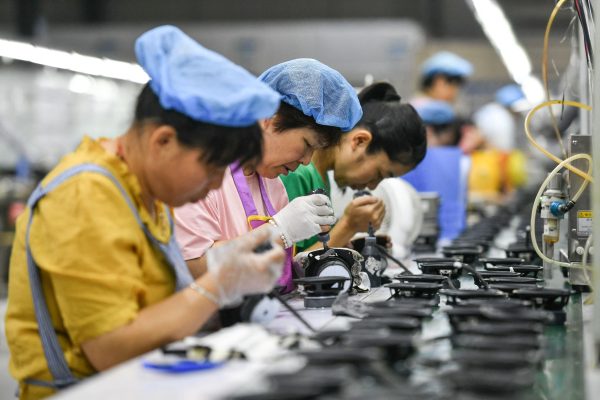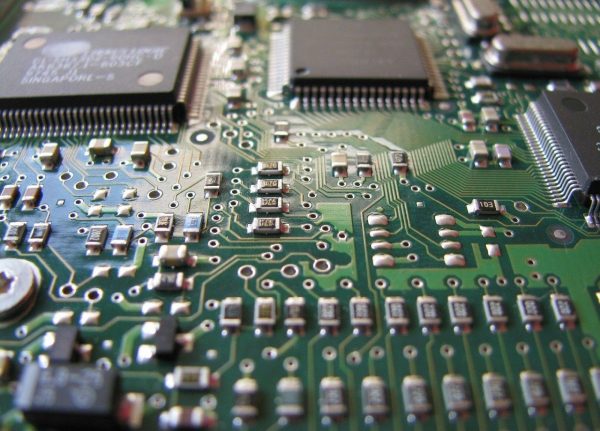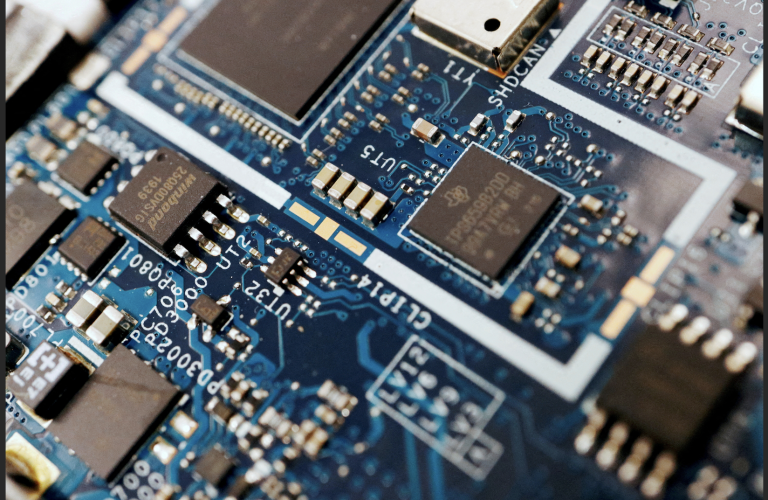The semiconductor industry, a critical backbone of the global technology infrastructure, is seeing a notable shift as Taiwanese chip companies increasingly turn their focus towards Japan. The movement is part of a broader trend of decoupling from China, which has been accelerated by geopolitical tensions, a sputtering national economy, and the U.S.’ efforts to curb China’s advancements in high-tech semiconductor fields.
As the landscape of international trade and technology continues to evolve, Japan is emerging as a new hub for semiconductor manufacturing — drawing attention from major Taiwanese firms looking to diversify their operations and tap into the Japanese market’s potential.
Taiwanese chipmakers, including the likes of top firms TSMC (Taiwan Semiconductor Manufacturing Co.) and Alchip Technologies, are leading this charge. TSMC, the world’s largest contract chipmaker is at the forefront — with plans to inaugurate its first plant on the southern island of Kyushu, Reuters reports.
Emerging new hub
This move not only underscores the strategic shift towards Japan, but also highlights the allure of Japan’s semiconductor sector, which, despite having waned from its 1980s peak, is seeing rejuvenation through an influx of new investments and government support.

Success
You are now signed up for our newsletter
Success
Check your email to complete sign up
The migration of Taiwanese chip firms to Japan is also facilitated by economic factors such as an increasingly weakening yen, which are making investments more financially viable. In the last two years, at least nine Taiwanese semiconductor companies have established or expanded their presence in Japan — reflecting the growing appeal of Japan as a manufacturing hub.
But reasons for the pivot are multifaceted, experts note. First, the geopolitical landscape, marked by the U.S.-China tech rivalry, has prompted a reassessment of supply chain vulnerabilities. Taiwanese firms are also seeking to mitigate risks by expanding their footprint in countries aligned with their strategic and democratic interests and those of their key customers, notably the U.S.
Known officially as the Republic of China (ROC), Taiwan has preserved its de facto and democratic governance after being pushed out of the Chinese mainland by communist rebels in 1949. However, the Chinese Communist Party (CCP) views Taiwan as a rightful part of its property and has vowed on many occasions to retake the self-ruling island by any means necessary, even if that means resorting to military force.
Secondly, Japan, with its industrious work culture, robust technology ecosystem, and proactive government support, presents an attractive alternative for semiconductor companies looking to outsource.
Though the expansion serves as a clear indicator of TSMC’s confidence in Japan as a strategic partner in its global operations, the venture isn’t without its challenges, notes Takamoto Suzuki, head of China economic research for trading house Marubeni.
“The trend will continue for the foreseeable future as part of decoupling,” said Suziki as he warned of potential price hikes due to a lack of Japanese industry workers and their ability to meet growing demand.

Alchip Technologies, which specializes in application-specific integrated chips (ASICs), exemplifies this trend. Previously basing its manufacturing in China, Alchip is now redirecting its focus towards Japan. Hiroyuki Furuzono, general manager of Alchip Japan, highlighted the company’s optimistic outlook on the Japanese semiconductor market by noting ongoing engagements in several promising projects.
“We’re expecting Japan semiconductor market growth, [and] we’re continuously capitalizing on Japan ASIC opportunities as [we are] already engaging in several good projects,” said Furuzono.
Ditching China
The influx is also supported by Japan’s concerted efforts to revive its semiconductor industry and step away from dependency on Chinese labor. Recognizing the strategic importance of semiconductors for national security and economic growth, Japan’s government has allocated significant resources to attract foreign investment in this sector. These include substantial subsidies and grants to the tune of $13.3 billion aimed at fostering a conducive environment for mass production.
“After we built the office there, we are receiving more frequent communication with the customers and they are more willing to talk in Japanese with our local people, so we see business is booming,” eMemory President Michael Ho told Reuters.
Meanwhile, the establishment of TSMC’s Kyushu plant, alongside the announcement of a second facility, signifies a major investment in Japan’s semiconductor capacity — poised to bring upwards of $20 billion into the venture, says investment director at White Oak Capital, Nori Chiou.
“The core strength of a strong semiconductor country lies not just in leading firms but in a robust ecosystem,” said Chiou, adding, “Japan’s proactive government support, marked by substantial subsidies and minimal political interference, sets it apart, fostering superior progress compared to many other countries.”













